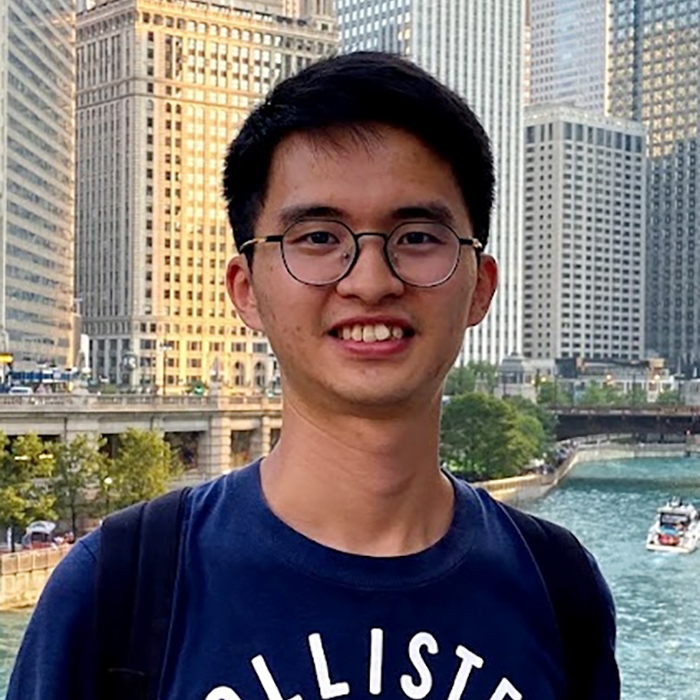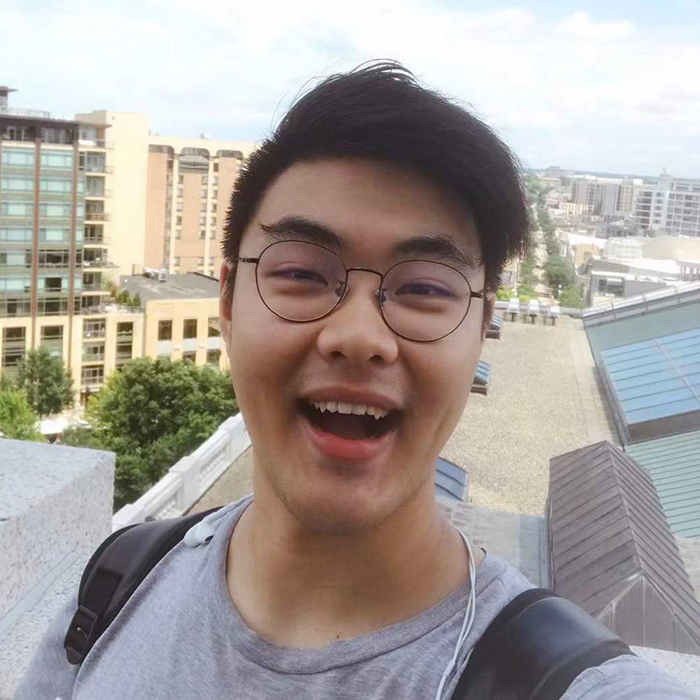Three ECE students awarded Rackham fellowships
All three ECE students nominated for the Rackham International Student Fellowship/Chia-Lun Lo Fellowship have received the award. The Rackham International Student Fellowship assists outstanding international students, and the Chia-Lun Lo Fellowship assists outstanding students in Rackham programs who have earned a previous degree from a university in Taiwan. The fellowships were awarded in a combined competition.
The ECE awardees are:
Shih-Chi Liao, PhD

Shih-Chi Liao’s research interests include the analysis and control design of nonlinear, uncertain, and safety-critical systems using robust control and optimization techniques. He earned an M.S. in Robotics from the University of Michigan and a B.S. in mechatronics from the National Taiwan University, Taiwan. He is advised by Professor Peter Seiler.
Liao’s research presents a method for handling uncertainties in safety-critical systems. During the operation of autonomous systems, safety requirements are prioritized over traditional control objectives. Control barrier function (CBF) is an optimization-based method to ensure safety if one has a perfect model of the systems. However, the complexity of the environment and systems often leads to uncertainties in the model, which makes the system violate the safety requirements potentially. To address the issue, Liao presents a robust control barrier function (RCBF) approach to ensure the safety of a specific class of uncertain models, sector-bounded input multiplicative uncertainty. A resulting min-norm optimization problem can be solved for real-time implementation. Properties including robust safety and continuity of the proposed controller are studied. In addition, a vehicle lateral control example is studied to illustrate the effectiveness of this approach.
To learn more about Liao’s research, see his recent paper in the IEEE Control System Letters.
Cheng-Hsun Lu, PhD

Cheng-Hsun Lu’s research interests include the span of digital signal processing algorithms and the VLSI architecture design. He earned his Bachelor’s and Master’s degrees from National Taiwan University, Taipei, Taiwan. He is advised by Professor Zhengya Zhang.
Lu’s current research focuses on the VLSI design for communication system, especially for the forward error correction part. Forward error correction techniques in communication systems are essential for increasing the reliability of transmitted information. They can help detect and correct the error at the receiver side. The targeting application of the forward error correction VLSI design is optical communication, which enables much higher data rate with larger bandwidth and is an appealing research area for next generation communications.
Jiale Zhang, MS

Jiale Zhang specializes in embedded systems and is currently conducting research in the Interactive Sensing & Computing Lab under the guidance of Professor Alanson Sample. He earned a B.S. in Electronic Information Engineering from Shanghai Tech University, China.
Zhang is primarily interested in developing Human-Oriented Sensor Systems(HOSS) with the combination of embedded systems and human-computer interaction. The real-world sensor systems deployment should not merely focus on the system performance such as lifetime and accuracy. A large amount of sensor systems are deployed for sensing human-related activity such as facial recognition for door access and activity recognition for smart home construction. Therefore, the human-related factor must be involved when developing such sensor systems. Under the concept of HOSS, not only more modalities of data will be collected from the surrounding environment and people themselves, but also the way of collection will maintain people’s privacy and avoid invading people’s daily life, which allows a further automated and comfortable lifestyle and more efficient ways of maintaining good health.